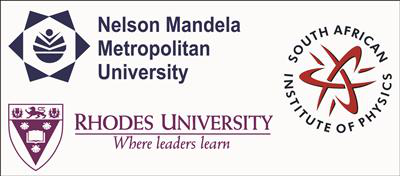Speaker
Apply to be<br> considered for a student <br> award (Yes / No)?
No
Abstract content <br> (Max 300 words)<br><a href="http://events.saip.org.za/getFile.py/access?resId=0&materialId=0&confId=34" target="_blank">Formatting &<br>Special chars</a>
The light bulb effect is a new physics problem solving cognitive process diagrammatic representation. This new representation was designed for the purpose of probing the question of what makes a problem difficult. It is used in this study, for the first time, as a way to analyse students’ problem solving skills on entering a first year Physics major course, at the University of the Witwatersrand. Analysis of student written answers to a test designed to probe some essential problem solving skills revealed that students had difficulty with the algebraic manipulation of equations, understanding displacement and taking logical steps that are unfamiliar or not immediately obvious. In this representation, these are called ‘light bulbs’. The more linked ‘light bulbs’ are required in reaching a solution to a problem, the more difficulty the students have with solving that problem. This diagrammatical representation thus suggests a way of determining the level of difficulty of any physics problem, through the determination of the number of cognitive skill links and the number of not obvious logical steps, required to solve a specific problem.
Please indicate whether<br>this abstract may be<br>published online<br>(Yes / No)
Yes
Level for award<br> (Hons, MSc, <br> PhD, N/A)?
None
Would you like to <br> submit a short paper <br> for the Conference <br> Proceedings (Yes / No)?
Yes

